Andrews never rated the business vote for Labor but this hasn’t stopped his networking
The Victorian budget is the worst in decades, built on Daniel Andrews’ view the business community is no friend of Labor’s.
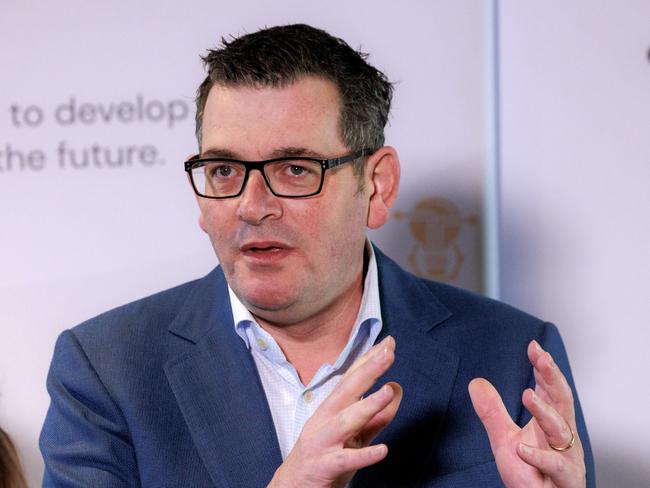
When Daniel Andrews and his colleagues were raking through the coals of defeat in 2010 after 11 years in power, he made clear his thinking on business.
Labor under Steve Bracks and John Brumby had courted the business community with tax cuts, workers’ compensation premium reductions, responsible budgets and a drive to reconnect the ALP with the job-creating top end of town. But not Andrews.
“The problem is,” one MP recalls Andrews saying, “they don’t f..king vote for us.
“It is all about the political calculation. His eyes are always on the suburbs and the votes.”
So when Andrews, in an act of Whitlamesque desperation amid the worst Victorian budget in decades, targeted big business and property investors with $8.6bn of tax rises under a $31.5bn debt reduction strategy this week it was not so much a great surprise but part of a long-running political strategy to protect at all costs the Labor base and try to reward the people who keep voting for him.
Victoria’s bottom line is now arguably worse than in the post-Cain-Kirner period in 1992 for the simple reason there are no large-scale assets that can be sold to deal with any deterioration in the budget in future years. If there were they would have gone under the hammer on Tuesday.
Former premier Jeff Kennett fears worse is to come because of the scale of the government’s unwieldy infrastructure program, which has suffered blowouts worth many billions of dollars and extended delays.
“He (Andrews) has no sense of what he is leaving the state and the condition it’s in,” Kennett laments.
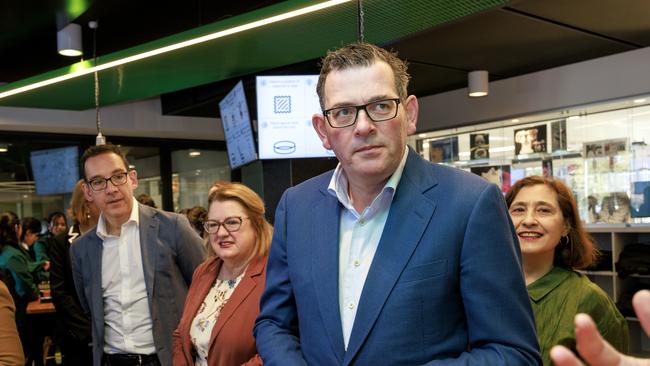
Kennett likes Treasurer Tim Pallas, but warns he and other members of cabinet have failed to confront the notoriously focused and demanding Andrews.
“They have allowed him (Andrews) to run the show totally without objections,’’ he says.
Pallas’s failure to arrest the spending in what is now a $102bn Victorian budget has been debated among cabinet colleagues for many years; one Labor figure describes Pallas as having operated effectively as a political chief-of-staff rather than the state’s numbers man.
“Tim is Dr Yes,” says another.
Legacy of disarray
Everything about the Andrews government is achingly complex.
Despite his strategic political views on the private sector, Andrews has a strong relationship with some business leaders, exercising and wielding covert power through what can loosely be called barbecue political diplomacy, with friendships (many transactional) stretching beyond the normal, but largely kept hidden from view.
His private sector contact book is extensive and includes billionaire Lindsay Fox and the broader family, former PwC chief Luke Sayers, property magnate Max Beck, Seek co-founder Andrew Bassat and serial director James MacKenzie.
You can only imagine what they are thinking.
Andrews is personally close to Anthony Albanese, was close to Scott Morrison mainly via text and national cabinet during the pandemic, and has had a warm but workmanlike connection with outgoing AFL boss Gillon McLachlan. He may not like the way some vote, but he is at one with the big end of town.
Few expect Andrews, an enthusiastic golfer and wine drinker, to buckle under pressure from a friend or acquaintance who tries to knock his political strategy off balance.
As he inevitably mulls his next career after 12½ years as Labor leader (including four years in opposition), both Andrews and Pallas will not be wanting to leave a legacy of financial disarray for the likely next premier, Jacinta Allan. But they will.
As one colleague says of Allan: “She is the next Joan Kirner.”
Andrews, if the budget numbers are put to one side, is an acutely good political strategist, having protected Allan from the worst of the Covid-19 tasks during the pandemic, focusing her on the so-called Big Build, which has entailed a relentless number of often pointless press conferences at level crossings and train tunnels spruiking Labor’s biggest political asset.
Like NSW, Victoria has been on a years-long infrastructure drive that has led to unprecedented investment in rail and road projects, including the $13bn metro underground rail system, the $15bn-plus level crossing removal strategy (probably closer to $20bn) and the rubbery agenda to build the $125bn Suburban Rail Loop.
Allan now has carriage of most of the financial time bombs including the rail loop, transport and infrastructure and the delivery in 2026 of the $2.6bn Commonwealth Games, which hasn’t even been funded. At 49, she is an experienced minister but her post-pandemic pathway has been cratered by this budget.
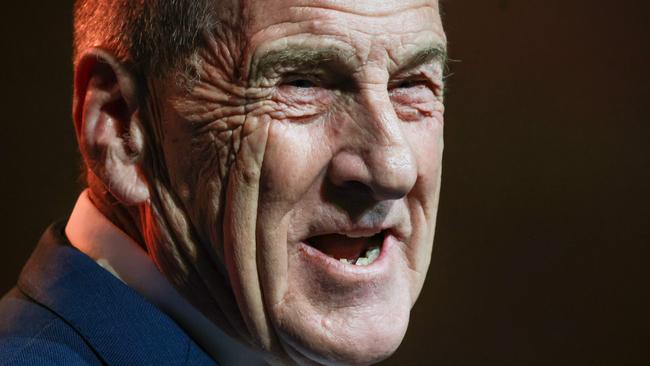
Paul Guerra, chief executive of the Victorian Chamber of Commerce and Industry, makes the perceptive observation that the Andrews government has largely been built around construction and social reform.
The construction agenda, worth well north of $100bn when factoring in the private sector, has had a huge trickle-down effect on the economy but he laments the higher taxes aimed at medium and large business, which also includes the $3.7bn mental health levy from 2021.
“Certainly around building things, the government largely has been focused,’’ he says, stressing that the future will be in innovation rather than taxpayer-funded monuments.
Financial train wreck
The budget may not have meaningful asset sales inked into the forward estimates but it has some significant potential savings on infrastructure, on top of the decision to shelve the $10bn airport rail link.
A prime example is the $15bn level crossing removals project, which has been a vote-winning strategy to remove 110 “dangerous” train crossings to improve rail capacity and cut congestion. The projects have become horrifically expensive as Labor has included at times grand new stations with the build. Who knows if they are needed?
There are $6.5bn worth of new removals in the forward estimates and one project in eastern Melbourne has cost an eye-watering $630m for a rail project that points to a city fewer people are travelling to.
These level crossings are a historical anomaly in Melbourne, leading to congestion, injury and loss of lives. University of Melbourne associate professor of urban planning Crystal Legacy says the so-called Big Build has some productive projects but is generally “very expensive”.
She says the level crossing removals are a good idea – “up to a point” – but more needed to be done on integrated planning to ensure connectivity between trains, buses and trams.
The emphasis on the rail loop in Melbourne’s southeast should not come at the cost of the booming western suburbs. “There’s a really different kind of need in the west,” she says.
Everything Andrews does has a reason, but sometimes the electorate doesn’t even listen.
Victoria’s financial train wreck has been clear from the end of 2020 when the state became the only place in Australia to endure a long-term lockdown.
It was always going to cost.
By 2022, when two budgets had shown the looming debt crisis and then followed the near collapse of the Victorian workers’ compensation scheme, reasonable, informed voters would have been asking themselves when it will all end. Just as everyone on Spring Street is asking when Andrews will quit politics; as a leader since 2010 and having survived a recent serious back injury. No one questions his determination.
One belief is that he will go soon amid signs the notoriously protective Premier’s Private Office is starting to wind back its controlling influence.
The contrary view is that Andrews is, like a young Mornington Peninsula red, just starting to peak.
Likening Andrews to former Labor PM Gough Whitlam, another onlooker who knows Andrews says his height and commanding presence help him execute his ruthless internal agenda.
It will be Andrews who decides when he goes.
Andrews, like Whitlam, is prone to scandal, mostly loved by Labor but loathed by the political right.
He’s somewhat of a loner and, like Gough, economically reckless, as he rails against establishment media and the conservative establishment in general.
With the budget in such a bad state, the only certainty is that his and Tim Pallas’s fiscal reputation is, at best, poor.
But will anyone under the age of 50 care?




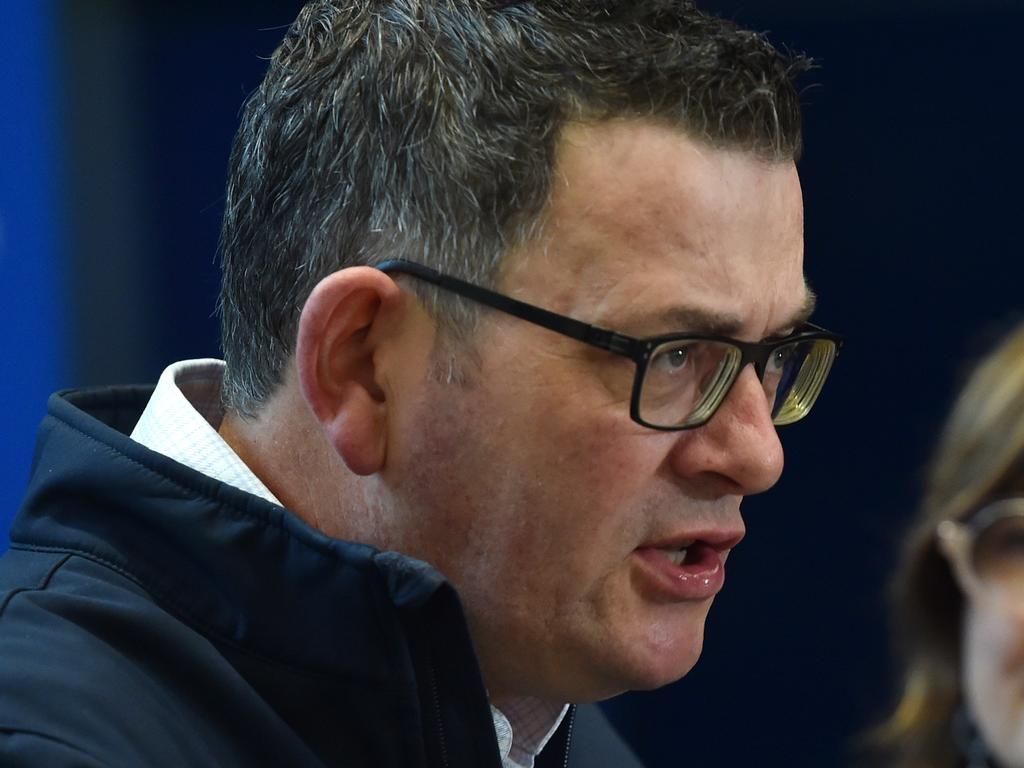
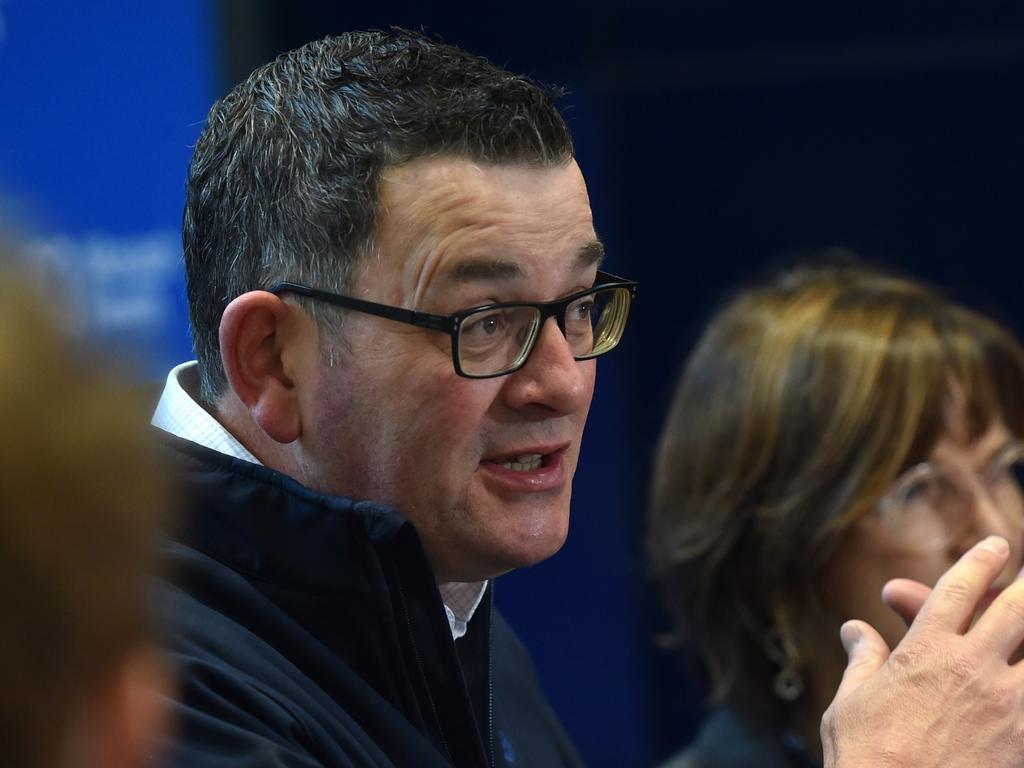
To join the conversation, please log in. Don't have an account? Register
Join the conversation, you are commenting as Logout